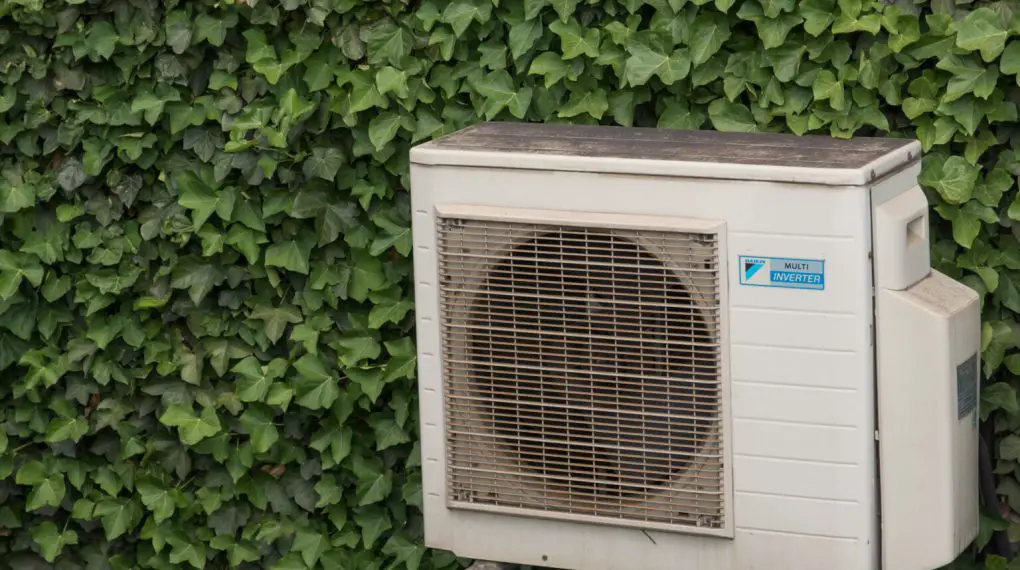AC compressor efficiency is at the heart of your cooling system’s performance. The compressor is the engine that powers the entire system, turning refrigerant gas into high pressure hot gas. Understanding its efficiency can save you from a hot, uncomfortable summer and costly energy bills.

Table of Contents
Brief Overview of AC Compressor Efficiency
Let’s start with a simple question: what is AC compressor efficiency? It’s essentially a measure of how effectively your AC’s heart— the compressor— converts electrical energy into cooling power. This efficiency can be affected by a bunch of factors which we’ll discuss next.
Factors Affecting AC Compressor Efficiency
Like a maestro conducting an orchestra, various factors come together to influence the symphony of your AC compressor’s efficiency. From the size and type of the compressor to the refrigerant used and the load it carries, every aspect plays a part in the performance of this cooling maestro.
Compressor Size and Capacity
Size matters when it comes to AC compressor efficiency. The size and capacity of the compressor need to match the cooling needs of your home. Too small, and it won’t cool your house effectively; too large, and you could face higher energy bills.
Compressor Load
Overloading your compressor is like asking an out-of-shape person to run a marathon. It can lead to a decrease in efficiency and could even cause your compressor to fail. So, it’s crucial to manage the compressor load for peak efficiency.
Refrigerant Type
Ever thought your choice of refrigerant could impact the efficiency of your AC? Different refrigerants have varying capacities for heat absorption and release, which can directly affect how efficiently your compressor works.
Maintenance and Aging
As with anything, age and lack of maintenance can take a toll on your AC compressor. A well-maintained compressor will last longer and operate more efficiently. Like a fine wine, proper care gets better with age!
Measuring AC Compressor Efficiency
Understanding how well your AC compressor is doing its job can feel like trying to understand a foreign language. But with terms like COP, EER, and SEER, we have the Rosetta Stone of AC efficiency measurements. These parameters decode the performance of your AC, helping you keep your cool.
Coefficient of Performance (COP)
You’ve probably seen the term “COP” while researching ACs. It stands for Coefficient of Performance, a measure of how well your AC converts energy into cooling power. The higher the COP, the more efficient your AC!
Energy Efficiency Ratio (EER)
The Energy Efficiency Ratio or EER is another metric used to measure AC efficiency. It’s calculated by dividing the cooling capacity by the power input. So, if you want a cost-effective AC, keep an eye out for a higher EER.
Seasonal Energy Efficiency Ratio (SEER)
SEER is like EER’s cousin. It’s another measure of efficiency but it takes into account the seasonal changes in weather. This makes it a more accurate representation of your AC’s efficiency over a year.
Check out these other related articles…
Mazda 3 AC Compressor Not Engaging: Reasons & Sure Fixes
B Series AC Compressor: Your Comprehensive 411 Guide
AC Compressor Low Pressure: 3 Causes & Proven Solutions
Tesla Model S AC Compressor: Your Ultimate 411 Guide
Is AC Compressor Covered Under Extended Warranty? [Answered]
Techniques to Improve AC Compressor Efficiency
Improving AC compressor efficiency doesn’t have to feel like rocket science. It’s all about the basics— regular maintenance, proper sizing, efficient load management, and the right refrigerant management. Get these right, and you’ll be on your way to optimal cooling and energy savings.
Regular Maintenance
If there’s one thing you can do to improve your AC’s efficiency, it’s regular maintenance. This keeps your AC in top shape and ensures it runs efficiently, keeping your home cool and your energy bills low.
Correct Sizing
As we mentioned earlier, the size and capacity of your AC compressor should match your cooling needs. If you’ve got a small home, there’s no need to go all out with a large compressor. Remember, it’s about the right fit, not the biggest!
Efficient Load Management
Managing your compressor load can make a world of difference to its efficiency. This involves balancing the cooling demands with the compressor’s capacity. It’s like a tightrope walk, but with the right balance, you can achieve top-notch efficiency!
Refrigerant Management
Using the right type and amount of refrigerant can also improve your AC compressor’s efficiency. Remember, it’s not a case of ‘more is better’— too much or too little can affect your compressor’s performance.